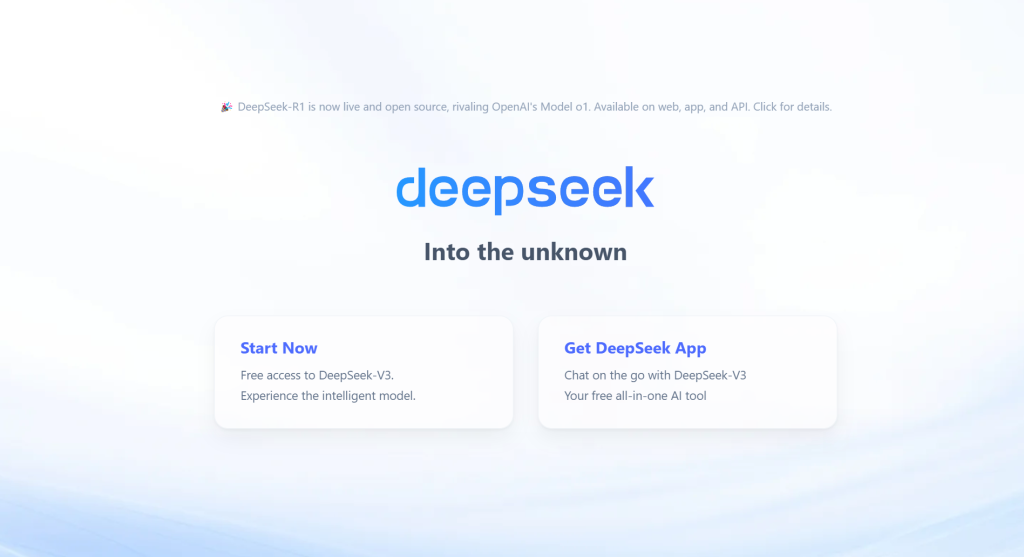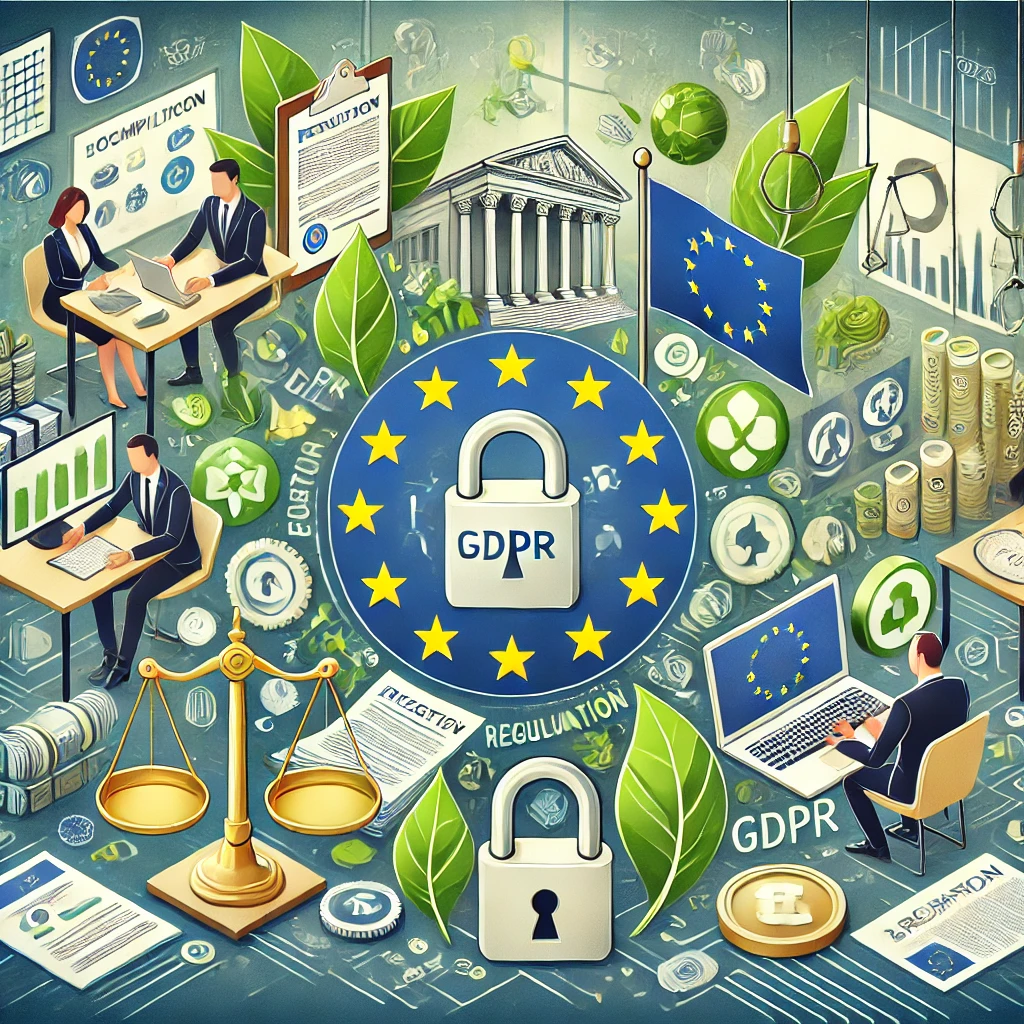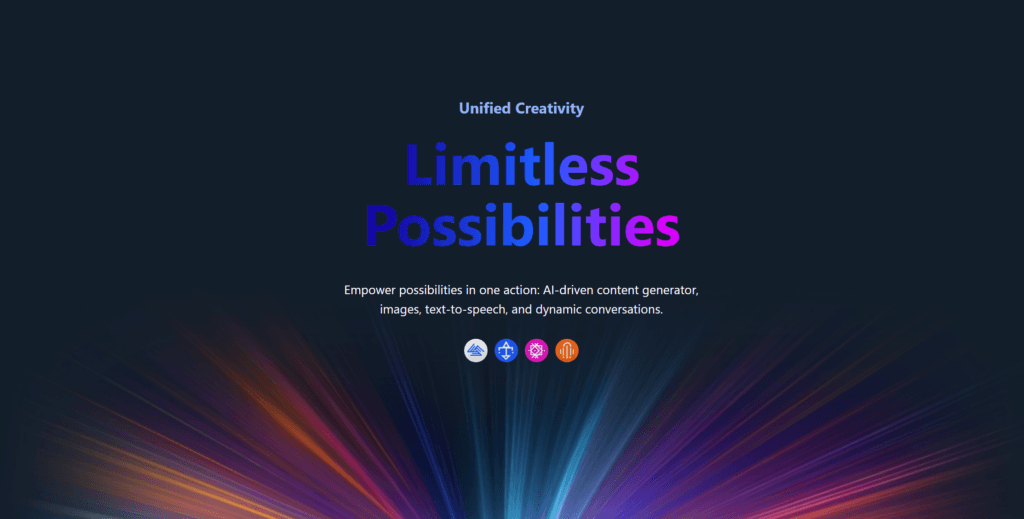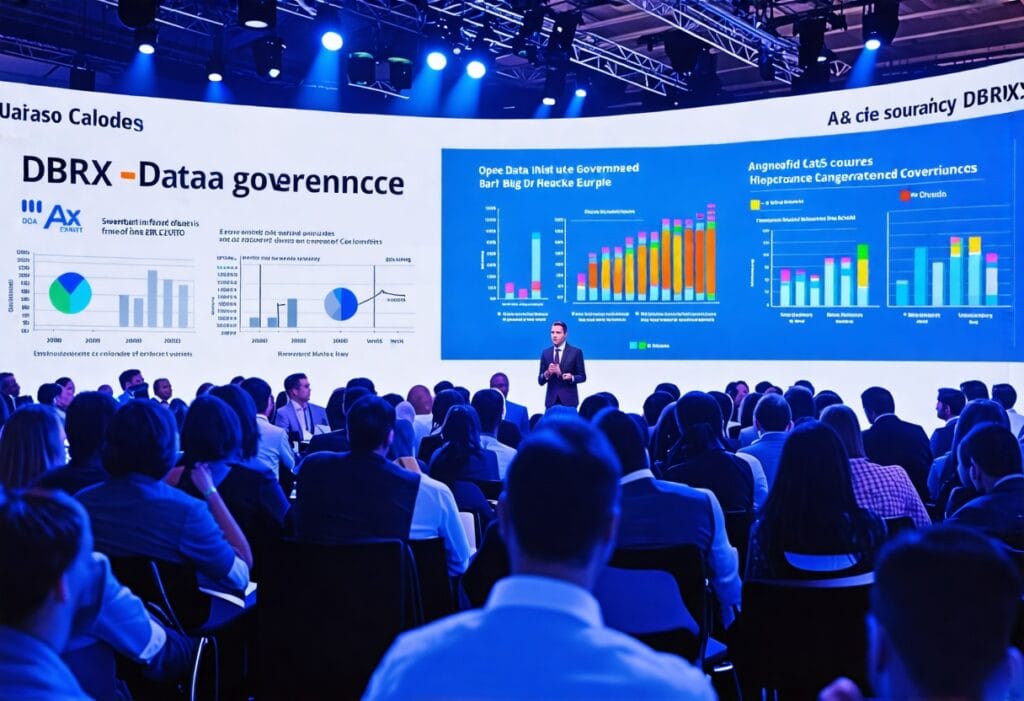Leveraging AI to Transform Sales Conversion Rates

Leveraging AI to Transform Sales Conversion Rates
In today’s fast-paced business landscape, staying competitive means sales teams must adapt to emerging technologies that enhance their efficiency and effectiveness. Artificial intelligence (AI) has become a game changer, especially since early 2023, when its potential for transforming sales processes captured widespread attention. With advanced capabilities to analyze data, predict trends, and automate administrative tasks, AI empowers sales professionals to optimize conversion rates and personalize client interactions like never before.
This article explores how sales teams can harness AI today to streamline their efforts and achieve greater success in converting leads into loyal customers. From tailored engagement strategies and improved sales forecasting to dynamic pricing models and intelligent lead scoring, discover the top five ways AI is revolutionizing sales. By adopting these innovative approaches, sales teams can not only enhance their operational efficiency but also build stronger, more meaningful relationships with clients, driving business growth in an increasingly competitive market.
How Sales Teams Can Use AI Today to Optimize Conversions
Artificial Intelligence (AI) has rapidly reshaped the landscape of sales, enabling teams to enhance their processes and boost conversion rates. By employing various AI-driven strategies, sales teams can gain a competitive edge, streamline their operations, and foster meaningful client relationships. Below, we explore the top five ways sales teams can leverage AI for maximizing their conversion potential.
1. Personalized Engagement
In modern sales, personalization is essential to stand out in a crowded market. AI offers advanced capabilities to tailor interactions based on nuanced understanding of prospects’ needs, behaviors, and preferences. Through thorough data analysis, AI can identify specific pain points and industry trends relevant to a prospect, transforming generic outreach into a bespoke experience that resonates.
For instance, AI tools can assess a client’s previous interactions—emails, chat logs, and engagement levels—to suggest tailored solutions that directly address their unique challenges. This not only enhances the likelihood of conversion but also fosters a deeper connection with clients, showing them that their specific requirements are being understood and catered to. Additionally, by implementing account-based marketing (ABM) strategies with the help of AI, sales professionals can create targeted campaigns designed to engage decision-makers within the client’s organization, significantly boosting the chances of sealing the deal.
2. Sales Forecasting
Effective sales forecasting is pivotal for strategic planning and resource allocation. AI improves the reliability and accuracy of forecasts by analyzing vast datasets and uncovering trends that human analysts might miss. This predictive capability allows sales teams to navigate uncertainties and make informed decisions based on empirical data rather than gut feelings.
AI-driven forecasting tools can continuously learn from new data, adjusting predictions in real-time to reflect the most current market conditions and customer behaviors. By modeling various scenarios, these tools help sales teams plan for potential outcomes efficiently. In this way, AI enhances agility within sales operations, allowing for proactive adjustments to strategies and resource deployment based on shifting forecasts, thus optimizing overall performance.
3. Dynamic Pricing
The introduction of AI into pricing strategies marks a significant evolution in how sales teams approach pricing models. Dynamic pricing leverages real-time data to optimize pricing based on market conditions, competitor behavior, and customer demand. This capability not only enhances competitiveness but also maximizes revenue potential.
Utilizing AI analytics, sales teams can dynamically adjust prices for specific customers or groups based on their purchasing history, preferences, and even time-sensitive factors like demand surges. For example, AI tools can automatically recommend discounts or adjust pricing strategies during peak buying periods to ensure that clients receive fair prices that reflect their value and market positioning. This flexible approach results in improved customer satisfaction, loyalty, and ultimately, conversion rates.
4. Lead Scoring and Prioritization
Managing a high volume of leads necessitates a systematic approach to ensure that sales efforts yield meaningful outcomes. AI’s capabilities in lead scoring allow sales teams to effectively evaluate and prioritize prospects based on their likelihood to convert. This targeted approach minimizes wasted resources on low-potential leads.
AI algorithms assess various data attributes, including engagement frequency, demographic information, and historical behaviors across multiple channels, to develop a comprehensive lead profile. By continuously learning from past interactions, AI helps refine the scoring model, ensuring that sales teams focus their outreach on those prospects most likely to result in sales. This insightful prioritization enables teams to craft personalized communications and strategies, ultimately enhancing conversion rates.
5. Automating Administrative Tasks
One of the most effective applications of AI in sales involves its capacity to automate routine administrative tasks, freeing up valuable time for sales professionals to concentrate on relationship-building and closing deals. With AI handling data entry, email management, and scheduling, the administrative burden is significantly reduced, minimizing human error and improving efficiency.
AI-driven CRM systems can intelligently manage follow-up communications based on interaction history, optimizing the timing and content of messages to maintain client interest and advance the sales process. Predictive insights regarding the best times to reach clients can further enhance the effectiveness of outreach efforts. By automating these essential yet repetitive tasks, sales teams can improve overall productivity, allowing them to focus on what matters most—nurturing client relationships and driving conversions.
Final Thoughts on Transforming Sales with AI
The adoption of AI tools in sales is not merely a cost-cutting measure; it represents a fundamental shift in how sales teams operate. By utilizing AI for personalization, forecasting, dynamic pricing, lead scoring, and administrative automation, teams can enhance their effectiveness and improve conversion rates. Embracing these technologies equips sales professionals to be more agile, data-driven, and ultimately more successful in a highly competitive landscape.
Unlocking the Future of Sales with AI
Embracing AI in sales is not just about keeping up with technological advancements; it’s about driving innovation and maximizing conversion rates. As sales teams integrate AI-driven strategies for personalized engagement, accurate forecasting, dynamic pricing, effective lead scoring, and streamlined administrative tasks, they position themselves for unparalleled success. The ability to analyze data in real-time and adapt to customer needs ensures that businesses remain competitive in a rapidly evolving market.
Incorporating AI into sales processes facilitates a more proactive approach, empowering teams to not only meet but exceed client expectations. As organizations continue to harness these powerful tools, the transformation of sales dynamics will lead to enhanced relationships with customers, increased loyalty, and ultimately, higher revenue growth. As the landscape of sales continues to evolve, leveraging AI to its fullest potential will undoubtedly be a key driver of future success.















































































































